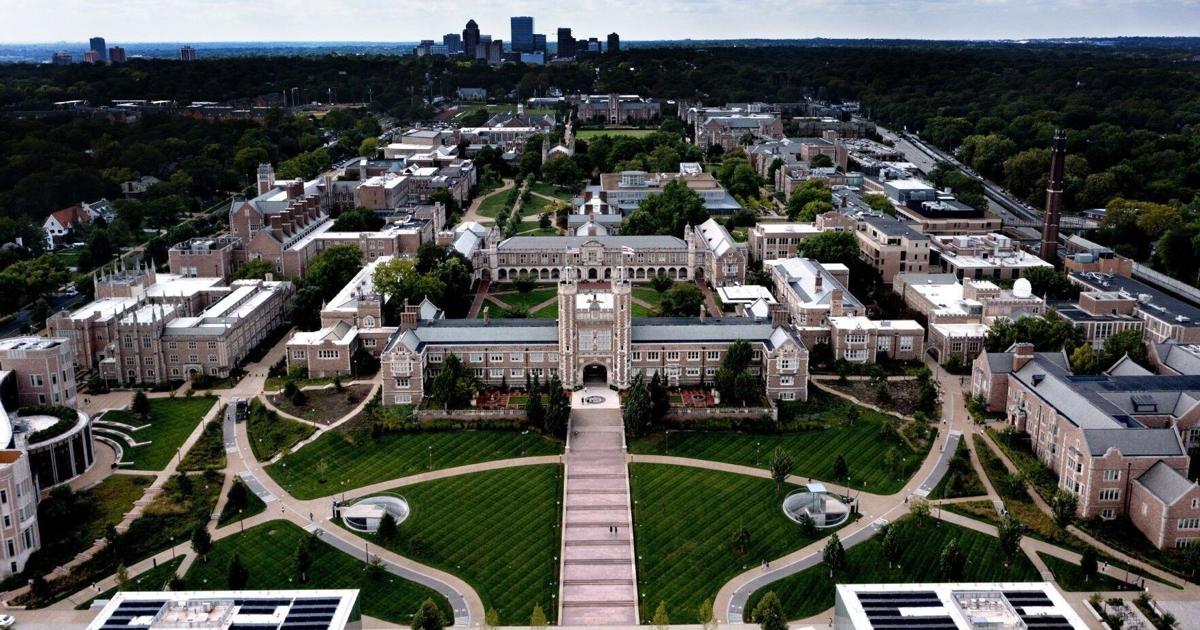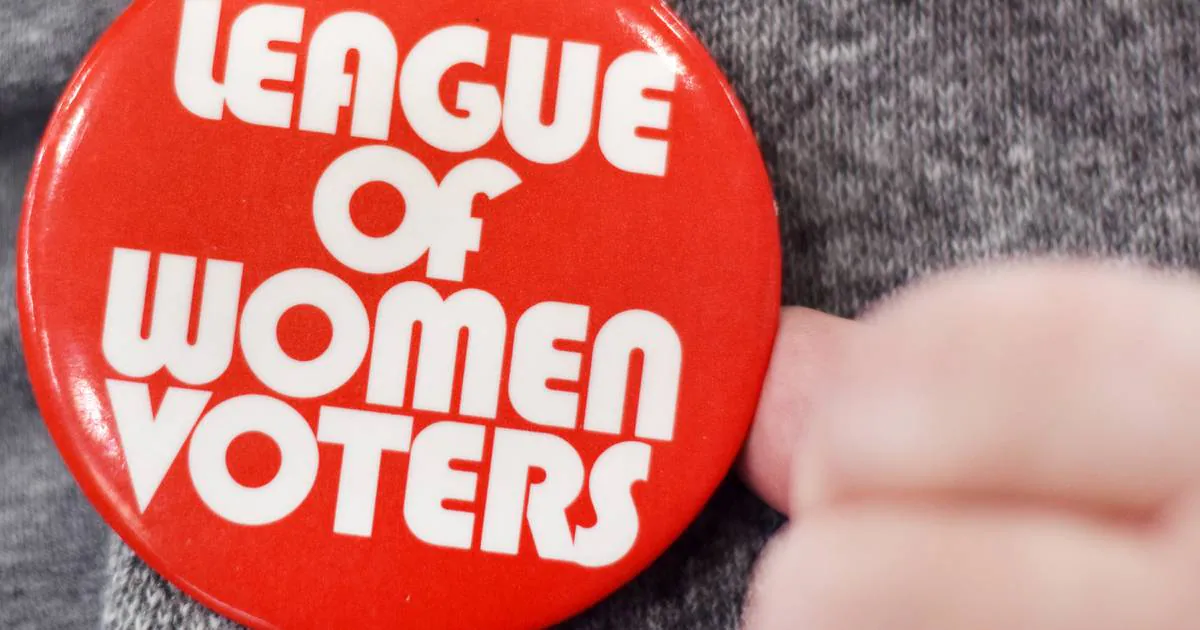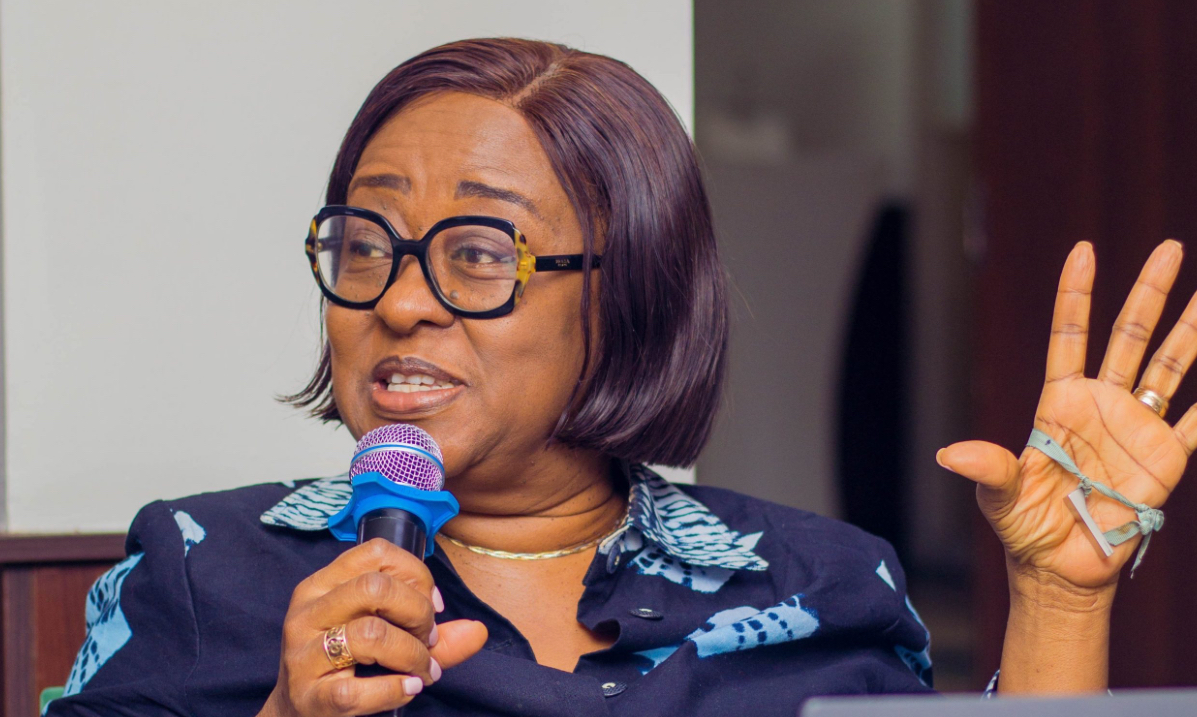
ST. LOUIS — Nearly 40 positions were cut from Washington University’s office of University Advancement on Monday, one of several reductions over the past few months as the university grapples with financial challenges amid a turbulent time for higher education.
One of the affected employees confirmed to the Post-Dispatch that 38 positions at University Advancement were cut due to the “current political administration.” University Advancement primarily is tasked with fundraising and employs about 300 people, according to its website.
Julie Flory, vice chancellor for marketing and communications for WashU, did not respond to a request for comment.
The cuts are among several changes at WashU as the private university — and top local employer — works to reduce spending amid threats from multiple fronts.
In June, the McKelvey School of Engineering eliminated 25 positions, 14 of which were vacant, according to an internal email from Dean Aaron Bobick.
The school of Arts & Sciences announced cuts of 12% to each of its academic departments in recent months. WashU’s school of Medicine also will cut 20% of graduate admissions to its Division of Biology and Biological Sciences, with several departments trimming discretionary spending, hiring and salaries.
WashU in April paused capital projects on its Danforth campus as it braced for reducations in federal funding.
Pamela Henson, executive vice chancellor for university advancement, said in a Monday email to staff that the decision to reduce the 38 positions was due to a “university-wide response to significant financial challenges.” Some of the positions were unfilled openings.
“Like many institutions, we are navigating a shifting higher education landscape… As part of this response, WashU’s Central Fiscal Unit was asked to resize areas and programs to reflect our current operating environment,” Henson wrote.
Henson did not return a message seeking comment Monday.
Chancellor Andrew Martin acknowledged the university was grappling with both internal and external financial strains in a July memo to WashU faculty and staff. He touted moves made to help the university break even in the fiscal year ending June 30, but said there were “structural budget challenges” and “cost imbalances” prompting unprecedented scrutiny on spending.
The internal issues are in tandem with external pressures caused by the Trump administration, including a $37 million annual raise to the university’s endowment tax and the national crackdown on immigration. The latter has contributed to a major decline in international student enrollment, which fell nearly 22% this fall compared to the last. The uncertainty of federal research funding — of which WashU is a top recipient — also has taken a toll.
In July, Martin announced the school would not give university-wide merit increases this year, which several employees said are WashU’s version of cost-of-living increases.
Faculty have sought answers regarding how dire the situation is.
A petition recently circulated among members of the university’s faculty senate and called on the school’s chief financial officer to present an oral and written report on the state of WashU’s finances. Faculty members sought an accounting of major expenditures and changes to revenue and cash flow over the past 10 years, according to the petition.
They also sought details on the “consequences” of the spending cuts, including reductions in the school and department budgets, hiring, salaries, research, graduate programs, among other areas.
“There’s a lot of concern, and some confusion about where the financial problems would be coming from,” said Michael O’Bryan, a senior lecturer and secretary of WashU’s new chapter of the American Association of University Professors. “The stuff that doesn’t pertain to the Trump administration is news to everybody.”
A special session meeting of the faculty senate will be held in October, during which Executive Vice Chancellor Nichol Luoma and Executive Vice Chancellor and Chief Financial Officer David Gray are scheduled to provide a financial overview, according to a memo shared with the Post-Dispatch. The meeting will not be open to the public.
Want to see more like this?
Get our local education coverage delivered directly to your inbox.
* I understand and agree that registration on or use of this site constitutes agreement to its user agreement and privacy policy.
Monica Obradovic | Post-Dispatch
Education reporter
Get email notifications on {{subject}} daily!
Your notification has been saved.
There was a problem saving your notification.
{{description}}
Email notifications are only sent once a day, and only if there are new matching items.
Followed notifications
Please log in to use this feature
Log In
Don’t have an account? Sign Up Today



